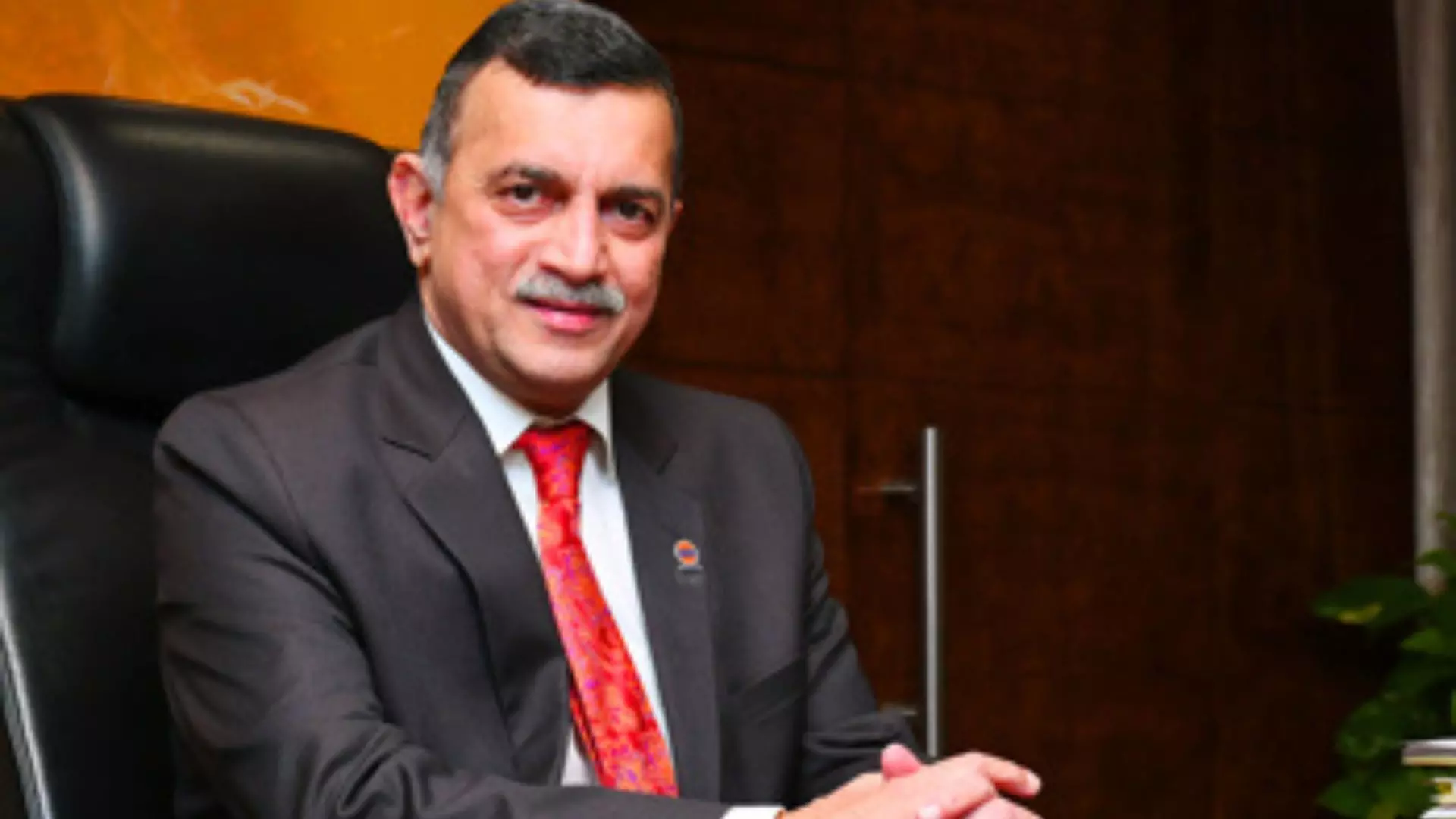Dilip Cherian | As Vaidya’s exit looms, Indian Oil getting ready for a new leadership
The selection process, held at Shastri Bhawan — the heart of the ministry of petroleum and natural gas — saw a mix of internal candidates from IOCL and at least one strong external contender. While early signals suggest a frontrunner has emerged, it might be a while before we know for sure who will take the helm of this Fortune 500 giant.

In the coming weeks, Shrikant Madhav Vaidya's extended tenure as chairman of Indian Oil Corp Ltd (IOCL) will wrap up, and the search for his successor is already in full swing. Last week, a three-member search-cum-selection committee, led by Mallika Srinivasan, chairman of the Public Enterprises Selection Board (PESB), including petroleum secretary Pankaj Jain and former HPCL chairman M.K. Surana, interviewed about a dozen candidates to find the right fit.
The selection process, held at Shastri Bhawan — the heart of the ministry of petroleum and natural gas — saw a mix of internal candidates from IOCL and at least one strong external contender. While early signals suggest a frontrunner has emerged, it might be a while before we know for sure who will take the helm of this Fortune 500 giant.
Notably, when a search-cum-selection committee (SCSC) steps in, it has the authority and discretion to choose the best candidate for the job. Mr Vaidya, originally set to retire on August 31 last year, was granted a one-year extension, pushing his retirement to this month-end, on a re-employment and contract basis. Rumour has it that he might stay on for a few more weeks to ensure a smooth transition, pending the final nod from the Appointments Committee of the Cabinet (ACC).
So, while the wait continues, it’s clear that the process is designed to be thorough, ensuring that IOCL’s next leader is chosen with care.
Ministers in a bind: Choosing the right PS & OSD
Several Union ministers in the Modi 3.0 era are reportedly caught in a tricky situation regarding the appointment of their private secretaries (PS) and officers on special duty (OSD). While these ministers have their own preferences for these crucial roles—often based on personal rapport or past working relationships — they find themselves constrained by a set of preconditions that limit their choices.
Before the 2024 Lok Sabha polls concluded, the department of personnel and training (DOPT) prepared a comprehensive list of officers eligible to serve as PS and OSD. This list includes many who served ministers during the Modi government’s previous term. According to sources, the ministers have been subtly informed that they must choose their PS and OSD from this predetermined list. Those who quickly understood and accepted the rules have already secured their preferred officers. However, others, still hoping to navigate around these restrictions, are stuck in a state of indecision, unsure of how to proceed.
This situation underscores the ongoing tension between personal preference and bureaucratic protocol, a dynamic that’s quietly shaping the inner workings of this government. Ministers must now balance their desire for trusted aides with the need to adhere to the guidelines, highlighting the complexities of governance under Mr Modi, even in the most routine decisions.
A new era for the Cabinet Secretariat
When the Centre announced Dr T.V. Somanathan as India’s 33rd Cabinet Secretary, it came as a pleasant surprise across the civil services. One Union secretary humorously remarked, “The finance secretary-designate is now the Cabinet secretary-designate.”
Currently, Dr Somanathan, or TVS, as he’s affectionately called within the service, serves as secretary in the department of expenditure and was set to retire in May 2025. However, with this new role, his service has been extended. He will take over from Rajiv Gauba later this month and continue as Cabinet secretary until at least August 2026. Given the recent trend of extensions, many expect his tenure to be extended further.
TVS’s career spans over three decades and is marked by significant achievements. He has held key positions, including joint secretary in corporate affairs and economic affairs, and was one of the first to join the Prime Minister’s Office under Narendra Modi in 2014. He played a critical role in shaping fiscal policy, especially during challenging economic periods, and contributed significantly to the Union Budget and initiatives like the Atma Nirbhar Bharat stimulus package and the National Monetisation Pipeline.
What’s particularly interesting is that TVS might be the only Cabinet secretary who has never served as a district collector, despite his extensive experience. With a PhD in economics, along with qualifications as a chartered accountant and cost accountant, there is no doubt that the economy will be of special focus during TVS’s tenure.

